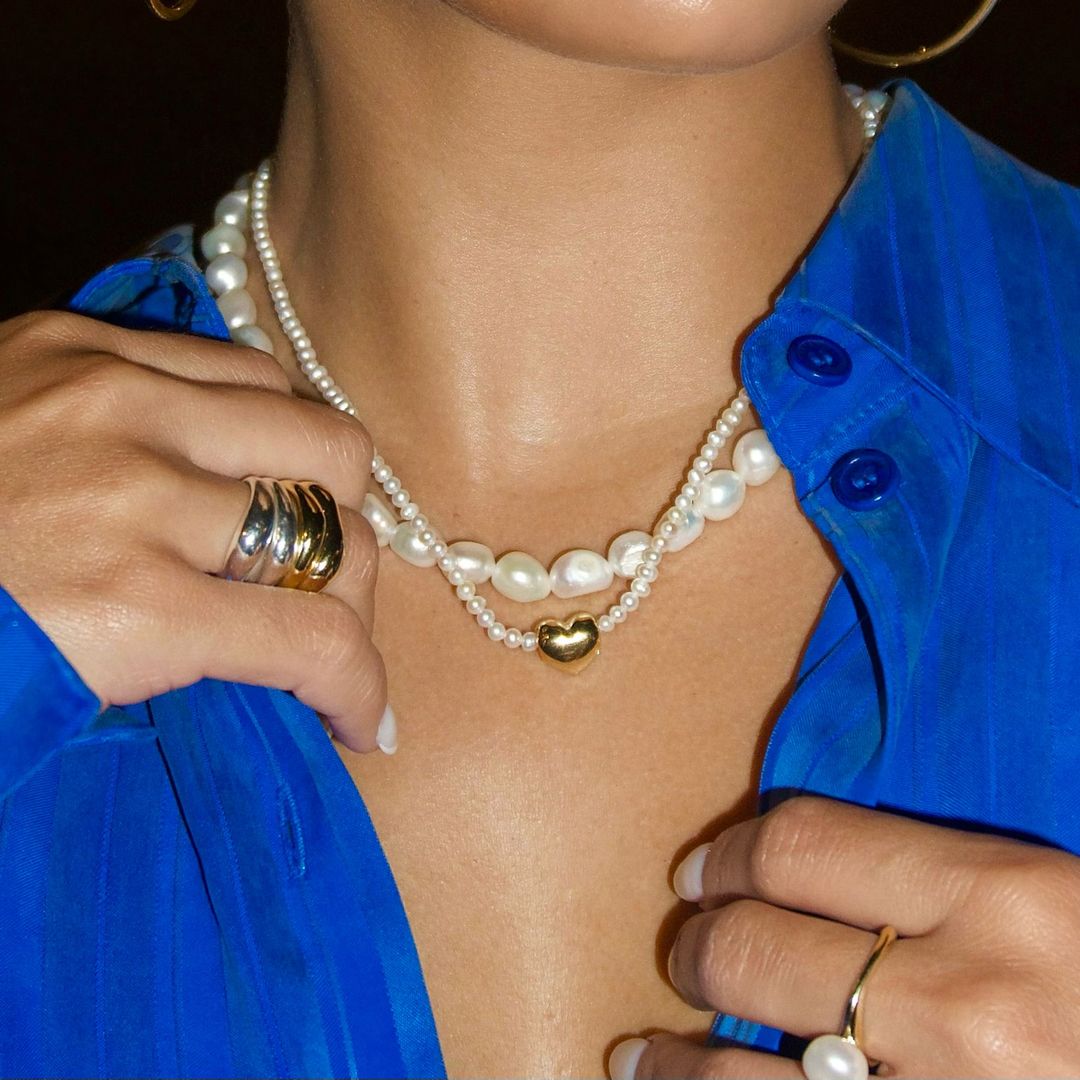She is one of Spain's most high profile aristocrats – a former Miss Spain who married into a wealthy art-collecting family. But this week Carmen 'Tita' Thyssen, widow of Baron Hans Heinrich Thyssen-Bornemisza, who gave his name to Madrid's famous museum, took the difficult step of selling Constable's masterpiece The Lock at Christie's.
After a bidding process that took only two minutes the painting depicting Suffolk rural life went for £22.4m to an anonymous bidder. The landscape was bought by her late husband in 1990 for £10.8m.Tita, 69, told El Pais newspaper that the decision to sell was "painful", but the current economic crisis made it impossible to keep the piece. "I have no liquidity. Keeping the collection here is costly to me, and I get nothing in return."
Her husband the Baron was a Swiss industrialist, who amassed a 250-strong collecton of artwork, which he loaned to Spain where he made his home for several decades.Baroness Thyssen has been a regular in the society pages since before the couple married in 1985. He adopted her son Borja and she also has twin daughters, Guadalupe Sabina and María del Carmen, born to a surrogate in 2006. When the baron died in 2002, he left Tita, his fifth wife, the priceless collection – a decision which was not entirely well received by the four other children of his previous marriages.The baroness' stepdaughter Francesca told The Mail on Sunday: "The baroness has shown absolutely no respect for my father and is simply putting her own financial needs above everything else." Their relationship has had its difficulties, with the socialite recently telling a Spanish news agency: "One day she loves you a lot. The next day she doesn't know you. That's how (Francesca) is. "But others agree with Francesca. One of the trustees of the Thyssen-Bornemisza museum resigned in protest.In a letter explaining his decision, Sir Norman Rosenthal, wrote that the sale "represents a moral shame on the part of all those concerned, most especially on the part of Tita."










